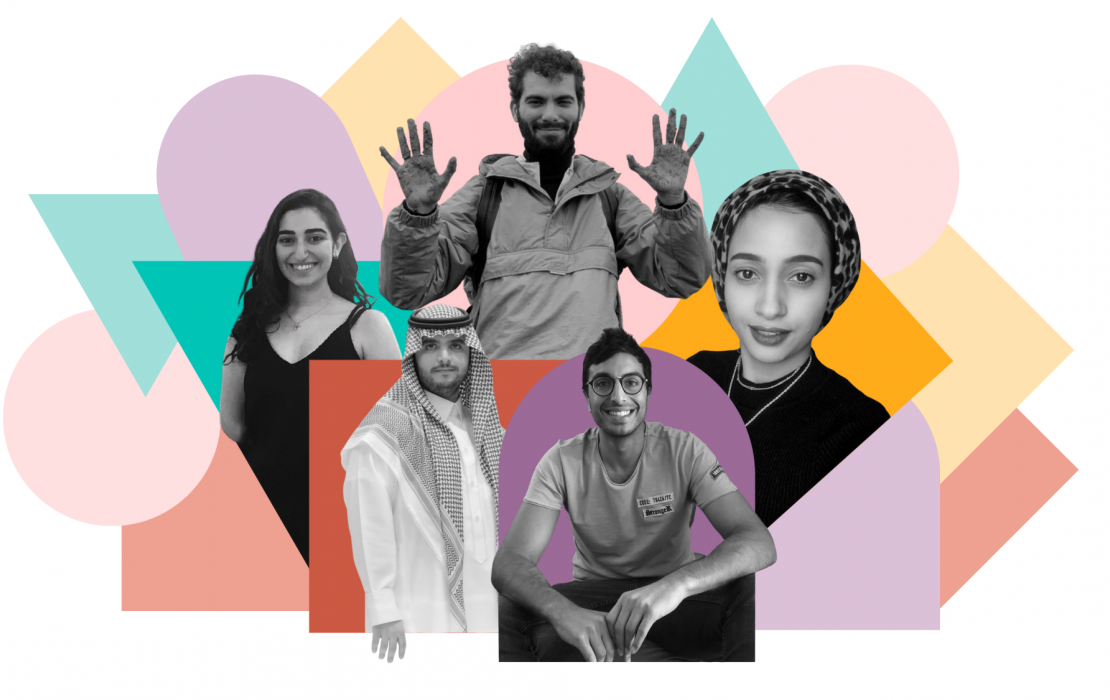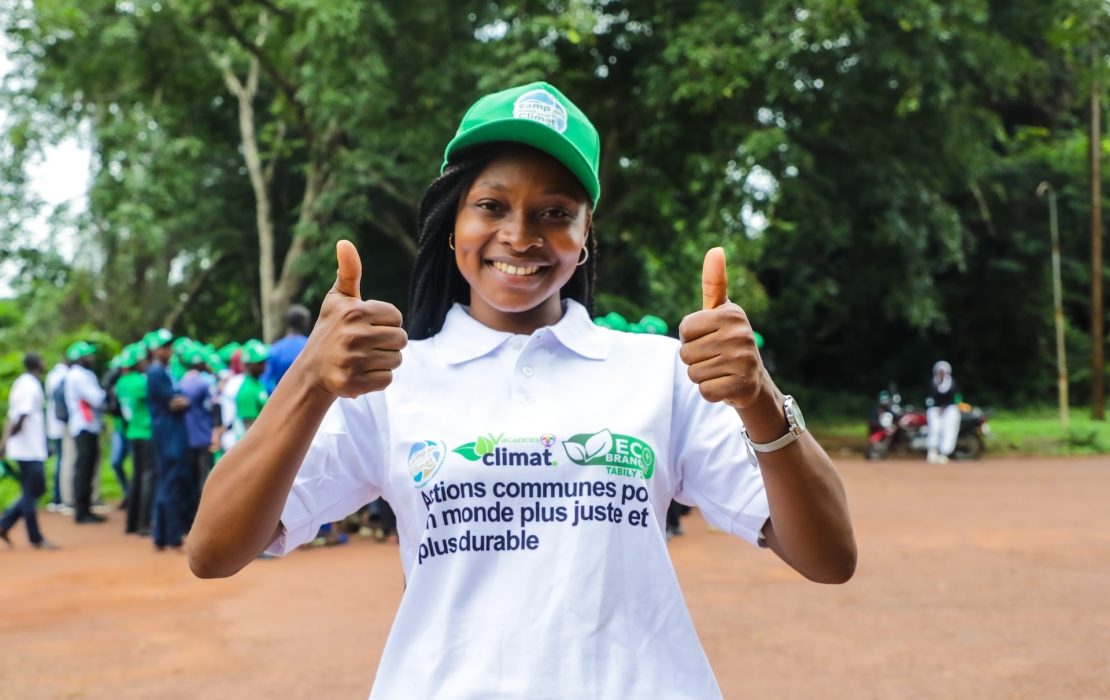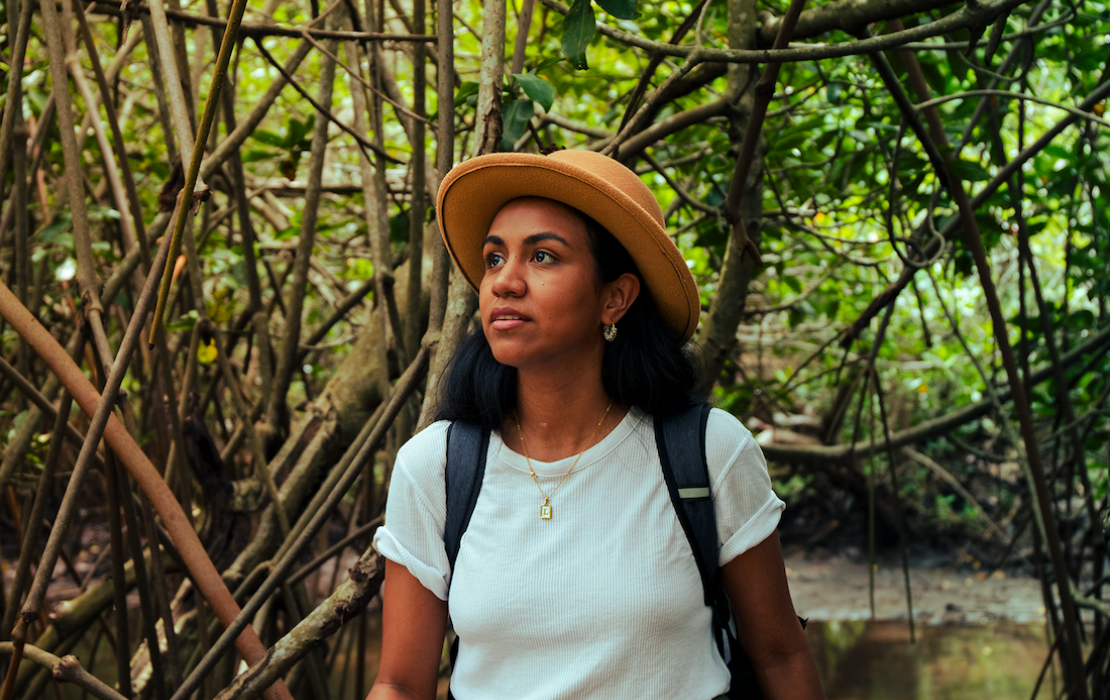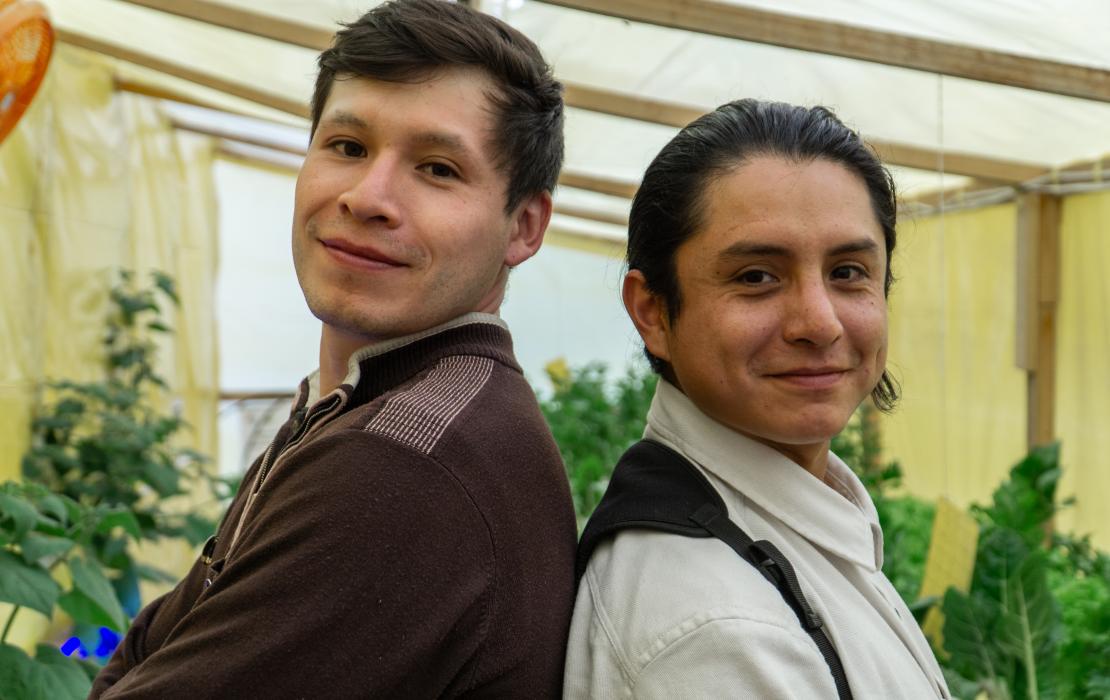
As the impacts of climate change ramp up, young people around the world feel anxious about their future. And yet they continue to be largely excluded from government and international decision-making spaces where their future is being shaped.
In Latin America and the Caribbean, young people aged 15 to 29 make up 25 percent of the population. Yet, they hold just 4.7 percent of parliamentary seats.
Despite this challenge, young people across the region are not discouraged. With determination and a deep sense of responsibility, they are creating their own spaces to drive change in their communities.
Here are five young climate leaders from Latin America and the Caribbean who are passionately working to tackle the climate crisis.
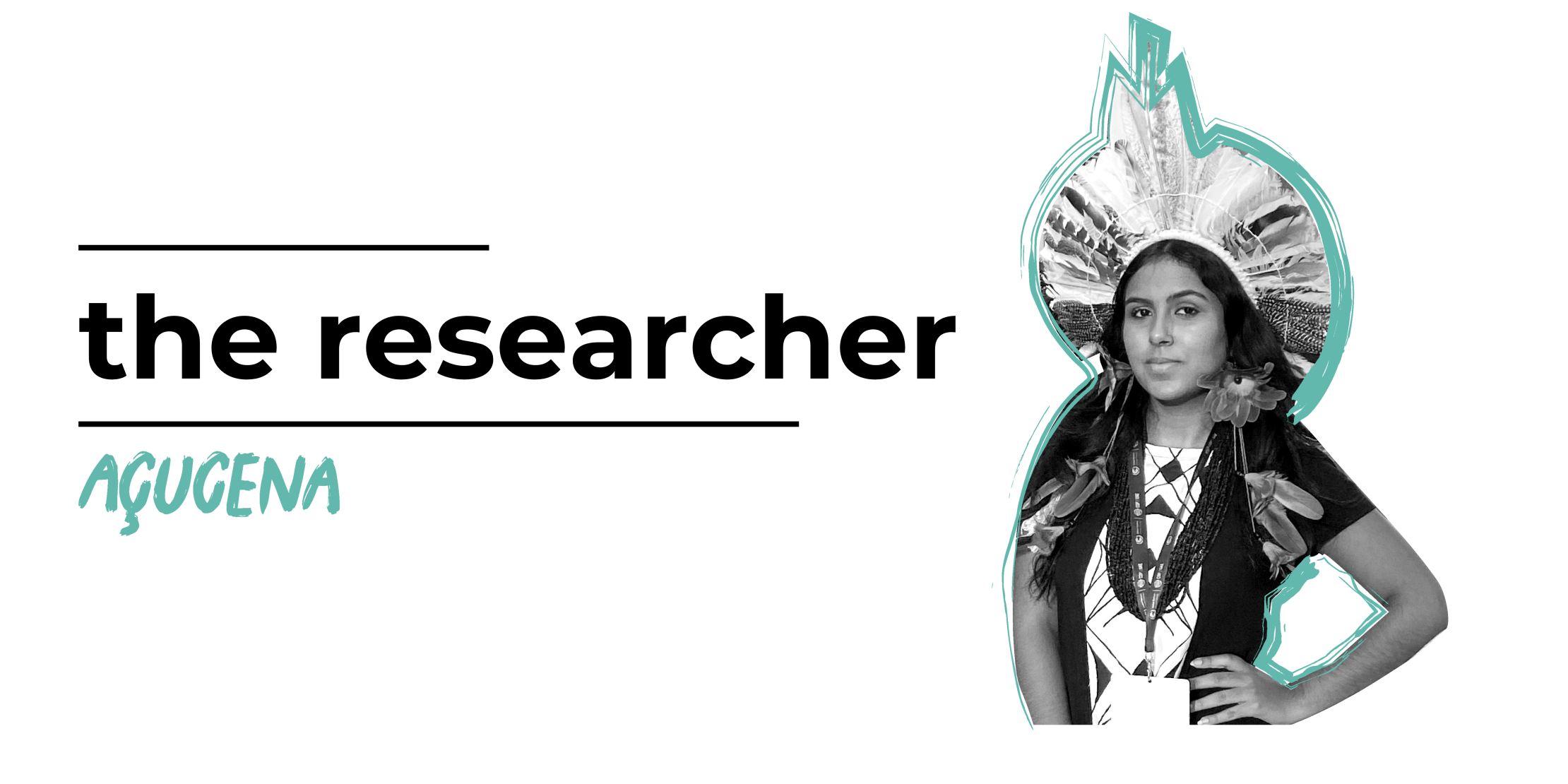
Açucena is a law student at the State University of Feira de Santana in Bahía, in northeastern Brazil. But her story began 500 km away, on the banks of the São Francisco River. She was raised in the Tumbalalá Indigenous community, where she received an Indigenous school education.
During her childhood, she witnessed her community and her family struggle to obtain the rights to their lands. This fueled her determination to study law and become an advocate for the rights of her people.
“For us, Indigenous Peoples, the demarcation of our territories is crucial to ensuring the preservation of nature, our customs and our traditions.”
In 2021, she attended the second Indigenous Women’s March in Brasilia, a defining point in her journey that allowed her to make connections with the great diversity of Indigenous Peoples in Brazil.
As a student, Açucena conducts research and offers advice on the “Marco Temporal” legal interpretation, which restricts Indigenous land rights to territories physically and permanently occupied as of 1988, the year of Brazil’s current Constitution. She is also studying the impacts caused by the hydroelectric plants that have been built in her community’s territory. She analyses how these interventions have affected her community and how to contribute to minimizing these impacts while defending the rights of Indigenous Peoples.
“I understand that we are part of a historically invisible minority that suffers daily from the impacts of the climate crisis and the constant violations of our rights.”
Açucena has participated in several international climate conferences and events, bringing the voices of Indigenous Peoples in her community and her country to climate decision-making spaces. Some of these opportunities were facilitated by UNDP, which supports the inclusion of Indigenous Peoples in climate negotiations.

Julián has a background in law and political science and is passionate about working with vulnerable communities and fighting for human rights in his native city of Medellín, in Colombia.
With his organization, Somos Por Naturaleza, he and a group of young people help communities better prepare for the impacts of climate change. They work in La Honda, an informal settlement in the hills of Medellín, where it is estimated that 20,000 people live, many of whom are migrants or refugees who have escaped violence or have been internally displaced. Due to its vulnerable location, La Honda is severely affected by floods and landslides after heavy storms.
“From working with vulnerable communities, I've come to understand that environmental problems are very real and a very urgent problem to be solved.”
Informal settlements like La Honda are usually not accounted for in the government's plans for risk management and disaster prevention. Julián and his organization are working to change that, keeping local authorities informed and accountable for including these marginalized neighbourhoods into Medellín’s urban planning and climate change adaptation measures.
They also work actively with the community to build resilience to climate impacts. They establish community climate monitoring and early warning systems, provide training to community leaders on how to respond to extreme climate events, and carry out demographic studies to better understand the population of the neighbourhood for a rapid and locally adapted response.
Furthermore, with a prize from Youth4Climate, Somos Por Naturaleza will pilot concrete climate adaptation interventions, including tree planting to reduce the risk of landslides and building drainage systems to prevent floods.
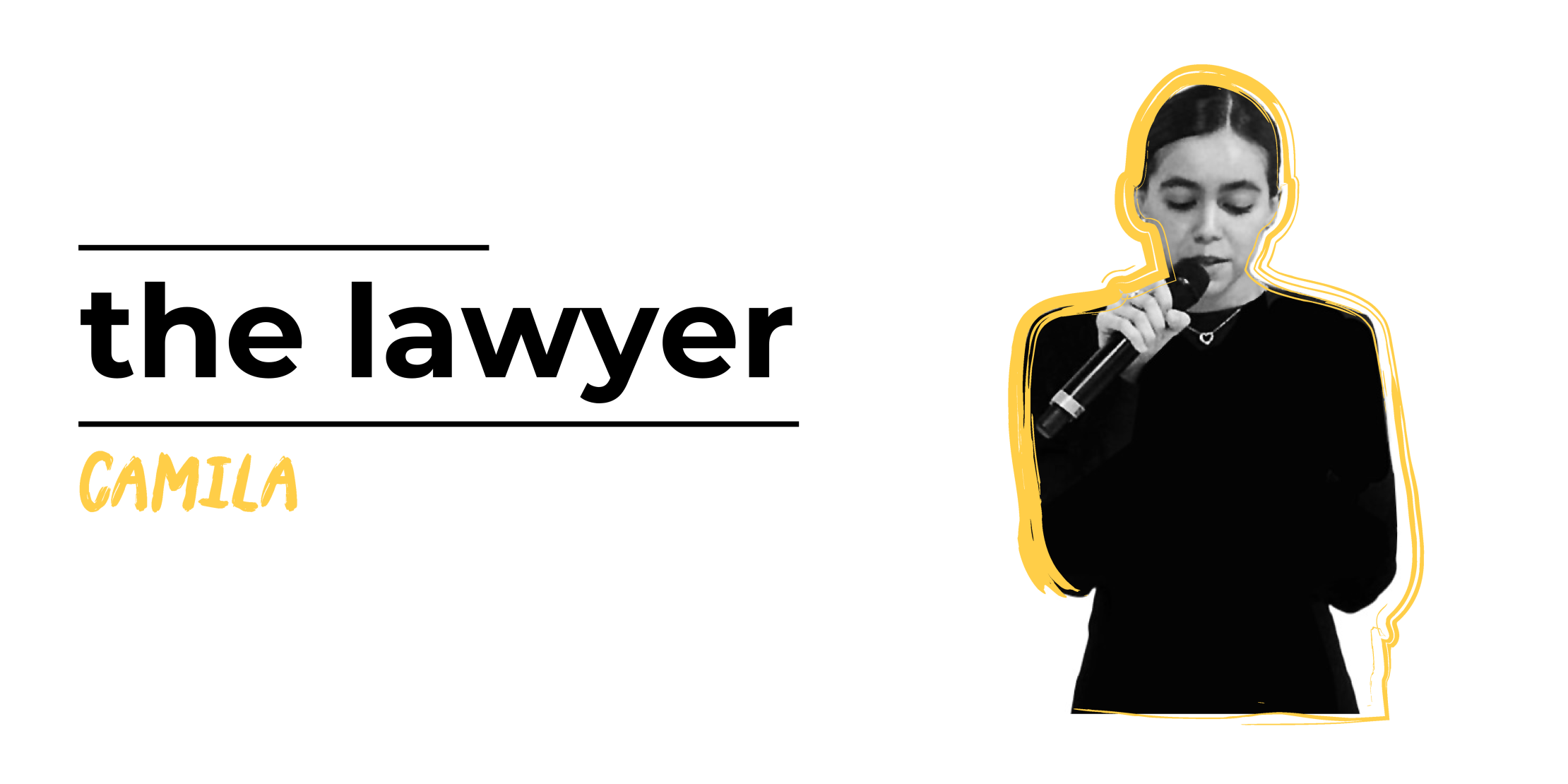
Camila’s family motivated her passion for social justice from a very young age. After her mother passed away when she was 11, she was raised by her aunt and uncle, who instilled in her an interest in human rights. This eventually led her to pursue a degree in law. After taking a class on environmental law, she fell in love with the subject.
“I realized that nowadays there is no other path of human rights studies more powerful than the climate.”
Four years ago, Camila joined a group of young lawyers working on climate justice and climate litigation cases. Their organization, Nuestro Futuro, provides educational programmes on climate law to colleges and organizes activities with young people to create awareness and find solutions to climate issues.
A defining moment in her journey was working with the community of El Bosque, in Tabasco, the first community recognized as climate displaced in Mexico due to the loss of many houses due to coastal erosion.
Nuestro Futuro worked with the El Bosque community, driving negotiations with the government and applying to relocation programmes.
“I could see the faces of the people that were living this climate crisis every day and that could have lost everything.”
Currently, Camila continues to work with Nuestro Futuro, inspired by her young peers, many of them women, to provide legal support to communities in need. With support from Youth4Climate, they organize activities to engage young people, such as hackathons on public climate advocacy. They mentor young people, help them improve their projects and teach them how to pitch these projects to the relevant authorities.

José grew up surrounded by incredible biodiversity and nature in Loja, a small city in southern Ecuador. When he was 11 years old, a visit to the Galápagos Islands sparked his love for the ocean and sealed his deep connection with the natural world, inspiring him to become a biologist.
As a student, he joined a research project to study soil microorganisms in an artisanal mining community in the Amazon. For the first time, he witnessed environmental degradation and its impact on vulnerable communities.
“I realized that this was about environmental pollution, but it was also about dignity, education, lack of infrastructure, poverty.”
After graduating, José noticed that there was a huge barrier in access to ocean and climate education. Many resources were not available in Spanish or didn’t reach the communities most affected by environmental and climate issues, particularly young people. He decided to take action.
“We can’t expect people to protect what they don't understand. Education is one of the most valuable environmental tools.”
Together with a group of young people like himself, he co-founded the organization Academia del Océano, the first ocean education centre in Ecuador. Academia del Océano offers both in-person and virtual courses, which thousands of young people from across Latin America have had the opportunity to access. Their educational centre in the coastal community of San Jacinto, in northwestern Ecuador, also serves as a community space, promoting the engagement of the local community in conservation efforts.
As a Generation 17 young leader, José had the opportunity to participate in international environmental conferences, where he shared his experience and exchanged knowledge and ideas with leaders from around the world. He is committed to making ocean education more inclusive, accessible and shaped with inputs from communities on the frontlines of climate change.
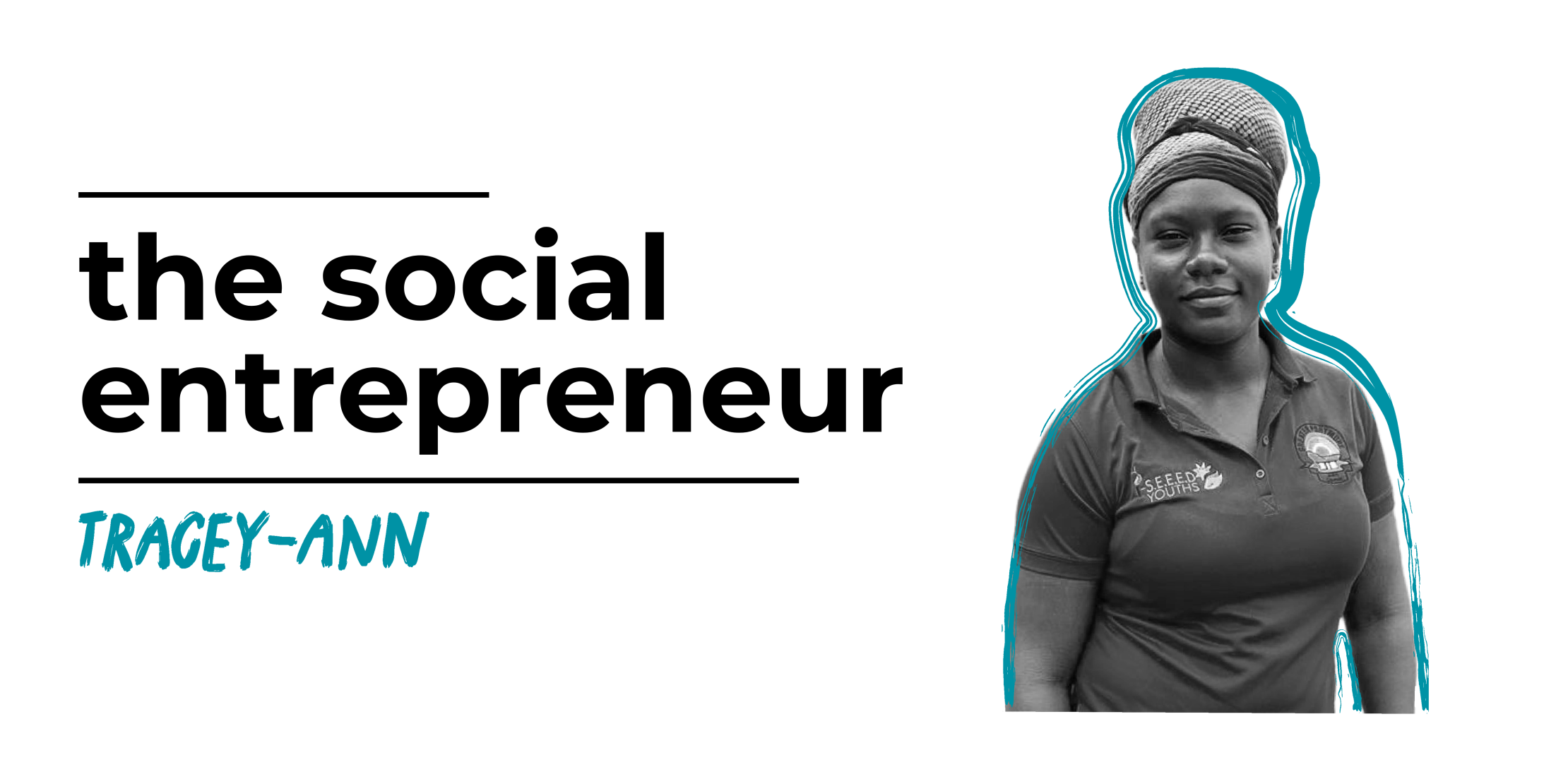
Tracey-Ann is from a rural community in Saint Catherine, Jamaica. She became a young mum at the age of 13, but, with the support of her family, she was able to raise her child and continue her studies, earning a degree in finance and business administration.
However, she says that her real education came from life. A survivor of gender-based violence, Tracey-Ann dedicated her life to using her voice and experience to help others and founded I-SEEED Youths in 2017.
“To my surprise, people started gravitating towards me. Nearby communities started listening and I became a voice for the voiceless at that particular time.”
Tracey believes in the importance of having a place for survivors of violence to feel safe and be able to speak up, but also in the importance of creating job opportunities to help break the cycles of violence. Through I-SEEED, women and young people learn about climate resilience and gain skills that enable them to secure employment. The organization provides trainings in agriculture, business and climate education in a solar-powered greenhouse.
“We empower youth to go into different communities and talk to people about issues that are affecting them.”
With her organization, Tracey-Ann has impacted nearly 20,000 lives, setting up six climate smart gardens and establishing the first fully operational farm-to-table model powered by youth and survivors of gender-based violence in Jamaica. She combines sustainability, climate activism, social healing and entrepreneurship through safe spaces, a sense of purpose and a love for the Earth and the environment.
“Just seeing people coming here, working, just listening to their stories, when they tell you that nobody has ever done this for them, those are just some of the most powerful things.”
